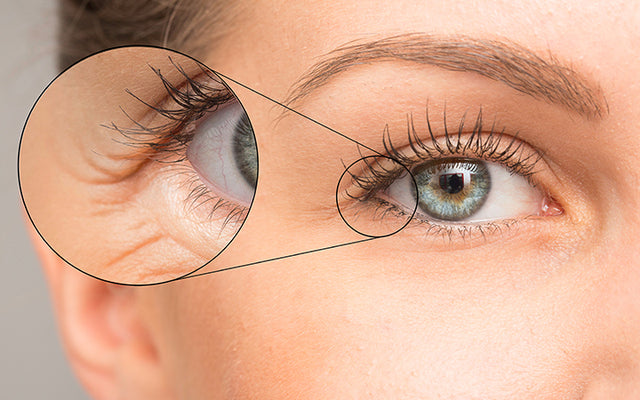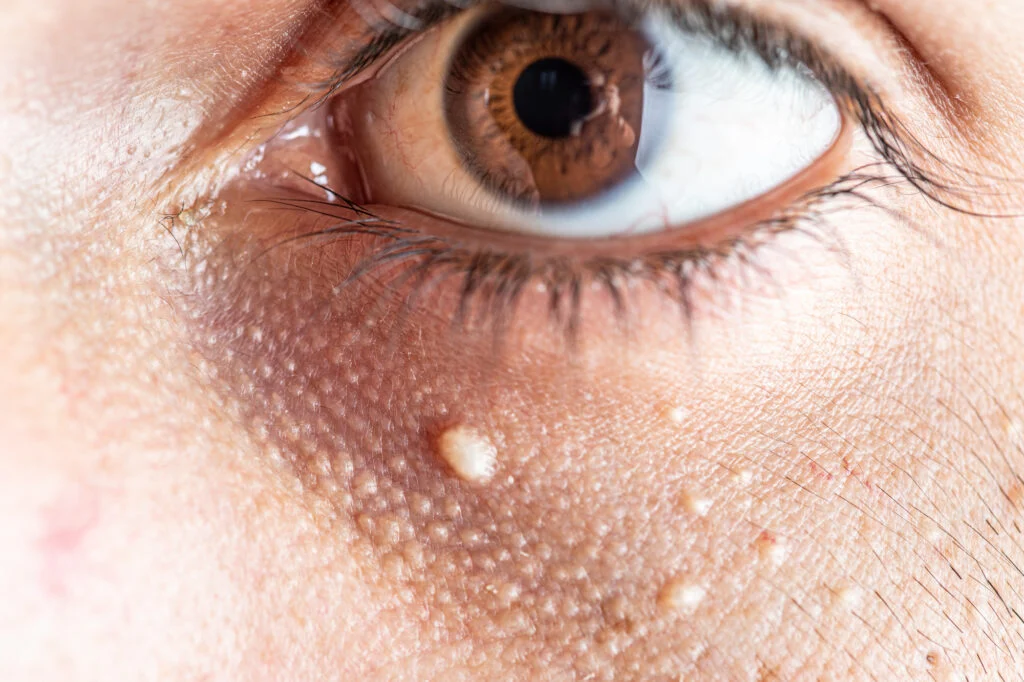Is Infertility Treatment More Successful for Some Ages?

Strong 8k brings an ultra-HD IPTV experience to your living room and your pocket.
When individuals or couples begin the journey to parenthood, age often becomes a central factor influencing success rates. Infertility treatment—a series of advanced medical techniques offered by specialists—aims to address the root causes of reproductive challenges and facilitate conception. While treatments are becoming increasingly sophisticated, outcomes often vary by age due to biological and physiological factors. Understanding how age impacts infertility care can guide patients toward realistic expectations and proactive planning, particularly for those considering Infertility Treatment in Dubai.
Understanding the Basics of Infertility Treatment
Infertility treatment refers to a set of medical procedures administered by fertility specialists to help individuals or couples achieve pregnancy. These treatments are usually recommended after a year of unsuccessful attempts at natural conception (or six months for women over 35). Fertility doctors conduct comprehensive assessments to identify underlying causes—such as ovulation disorders, low sperm count, or uterine abnormalities—and recommend appropriate interventions.
These treatments may include assisted reproductive techniques (ART), such as intrauterine insemination (IUI) and in vitro fertilization (IVF), depending on the diagnosis and patient profile. All procedures are personalized, evidence-based, and closely monitored by medical experts to ensure the best chance of success.
The Link Between Age and Fertility
Age plays a pivotal role in natural fertility, and it continues to influence the effectiveness of infertility treatment. Female fertility generally peaks in the late teens to late 20s and gradually declines after the age of 30. By the age of 35, the decline becomes more pronounced, and after 40, fertility potential is significantly reduced. This decline affects both the quality and quantity of eggs, which directly impacts treatment outcomes.
For men, fertility also declines with age, though more gradually. Sperm motility, morphology, and concentration can decrease over time, influencing conception and embryo viability. Age-related risks can also affect genetic integrity and embryo development.
Success Rates by Age Group: Female Patients
Fertility specialists have observed consistent patterns in treatment success across different age groups. Below is a general overview of how age influences infertility treatment success for women:
Women Under 35
This group has the highest success rates. The ovaries typically contain a healthier and more abundant supply of eggs, making them more responsive to treatments like IVF or IUI. Egg quality is at its peak, reducing complications related to fertilization and embryo development.
Women Aged 35–37
Success rates remain favorable but begin to show a moderate decline. The ovarian reserve starts to diminish, and eggs may be more prone to chromosomal abnormalities. Nonetheless, this age group often responds well to fertility treatments when promptly initiated.
Women Aged 38–40
At this stage, fertility outcomes vary significantly. Although treatment remains a viable option, the chances of conception begin to drop due to lower egg quality and quantity. Doctors may recommend more aggressive treatment protocols and earlier intervention.
Women Aged 41–42
Success rates decline further, but with advanced technology and skilled clinical monitoring, conception is still possible. However, this age range typically requires more cycles or advanced procedures like embryo screening to achieve pregnancy.
Women Over 42
Fertility potential is considerably limited. The majority of women in this group may consider additional medical strategies, such as egg donation, based on the doctor’s evaluation. Nonetheless, individualized treatment can still offer a path to parenthood.
Success Rates by Age Group: Male Patients
While male fertility declines more slowly, age-related changes still affect treatment success. Semen parameters begin to change around the age of 40–45. Sperm DNA fragmentation, reduced motility, and abnormal morphology can affect fertilization and embryo quality.
Men Under 40
This group generally presents high success rates in treatments involving sperm analysis and assisted reproductive methods. Sperm quality is usually optimal, increasing the likelihood of successful fertilization.
Men Over 40
Sperm quality starts to decline, potentially leading to lower pregnancy success rates. However, specialized sperm selection techniques can significantly improve outcomes. Doctors may recommend additional diagnostic evaluations to enhance precision in treatment plans.
How Doctors Tailor Treatment by Age
Fertility specialists adopt age-specific strategies to optimize success. During initial consultations, doctors conduct a thorough reproductive health assessment, including hormone analysis, ovarian reserve testing, and semen analysis. Based on these findings, treatment is personalized for maximum efficiency.
Treatment for Younger Patients
For women under 35 and men under 40, doctors may begin with less invasive procedures, such as ovulation induction or IUI. These options offer high success with minimal intervention when timed accurately. In cases where rapid results are preferred, IVF may be recommended as a first-line option.
Treatment for Middle-Aged Patients
For patients aged 35–40, doctors tend to take a more proactive approach. Fertility assessments are performed more rigorously, and time-to-conception becomes a key consideration. IVF combined with advanced embryo culture and transfer techniques may be recommended to improve outcomes within a shorter time frame.
Treatment for Older Patients
For women over 40 and men over 45, advanced fertility techniques are often prioritized. Preimplantation genetic testing (PGT) can be used to select chromosomally normal embryos, increasing the chance of a healthy pregnancy. Fertility doctors may also recommend using vitrified eggs or donor gametes based on individual profiles and reproductive goals.
Why Timing Matters in Infertility Treatment
Timely intervention is crucial in the context of age-related fertility decline. Starting treatment early maximizes the chances of success and allows patients more flexibility in choosing their preferred methods. Fertility specialists often encourage couples not to delay evaluations, especially if they fall within higher-risk age brackets.
Delaying treatment can also limit the body’s natural response to fertility medication and reduce the effectiveness of ART procedures. Early consultations allow doctors to preserve fertility options, such as egg or embryo freezing, for future use, especially for patients in their 30s or early 40s.
Technological Advancements Enhancing Age-Based Outcomes
With the rise of medical innovation, fertility treatments have become more effective across all age groups. Technologies such as time-lapse embryo monitoring, advanced sperm analysis, and cryopreservation techniques enable doctors to select the most viable reproductive cells and embryos.
Personalized Protocols
Each age group benefits from tailored hormonal stimulation plans to increase ovarian response or sperm performance. Doctors carefully track hormone levels and follicular growth to ensure treatments are administered at the optimal time.
Genetic Screening
For older patients, genetic screening methods like PGT-A (Preimplantation Genetic Testing for Aneuploidy) help reduce the risk of miscarriage and increase the likelihood of healthy pregnancies. This technology allows doctors to select embryos with the highest potential for success.
Enhanced Lab Techniques
Improvements in embryo culture systems, fertilization media, and laboratory monitoring techniques support the development of healthy embryos regardless of parental age. This provides a significant advantage in treatments involving IVF or ICSI (Intracytoplasmic Sperm Injection).
Benefits of Age-Specific Infertility Treatments
Infertility treatment is not a one-size-fits-all approach. Age-specific treatments offer the following advantages:
Optimized Results: Tailoring treatments according to age improves success rates and reduces unnecessary procedures.
Time Efficiency: Earlier intervention in younger age groups leads to quicker outcomes and fewer cycles.
Reduced Emotional Strain: Age-informed planning helps manage expectations and emotional resilience during the journey.
Improved Embryo Quality: Personalized stimulation and embryo selection protocols increase the likelihood of a healthy birth.
Proactive Fertility Preservation: Age-appropriate counseling allows for strategies like egg freezing or embryo banking to safeguard future reproductive plans.
Conclusion
The success of infertility treatment is undeniably influenced by age, but with expert medical care, proactive planning, and cutting-edge technologies, hopeful parents across age groups have a real opportunity to achieve their dreams. Fertility specialists customize every aspect of the treatment journey based on age, health status, and individual reproductive goals. Regardless of the stage of life, seeking professional guidance early empowers patients with the tools and knowledge needed to navigate their path to parenthood effectively.
Note: IndiBlogHub features both user-submitted and editorial content. We do not verify third-party contributions. Read our Disclaimer and Privacy Policyfor details.







